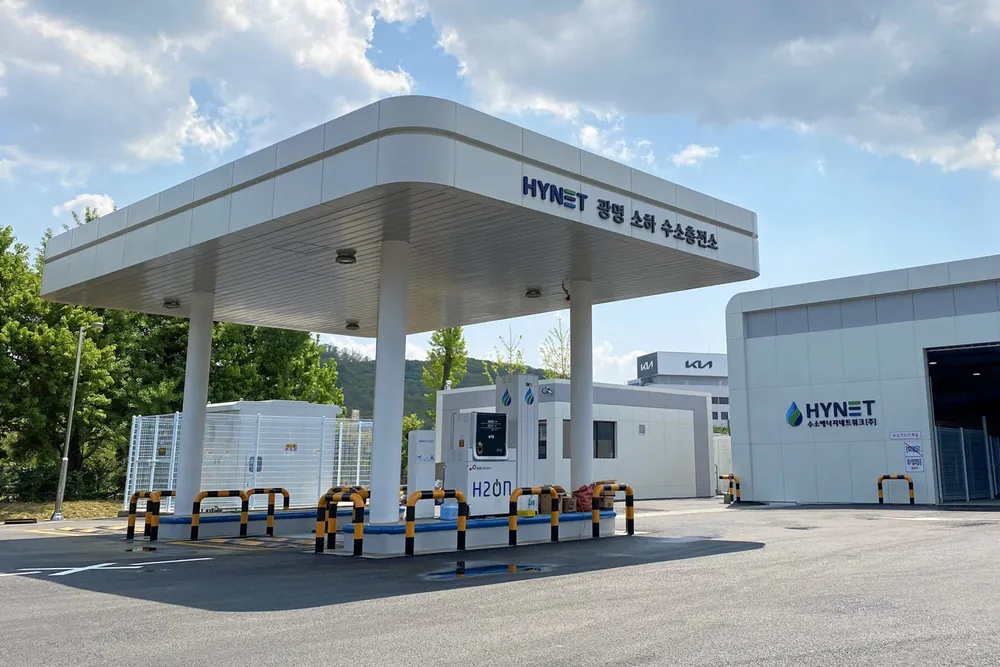Three quarters of hydrogen refuelling stations in South Korea closed amid H2 supply crash
Drivers face hours-long wait for limited fuel at few sites still open, with reports that some vehicles have had to be towed

Drivers face hours-long wait for limited fuel at few sites still open, with reports that some vehicles have had to be towed
